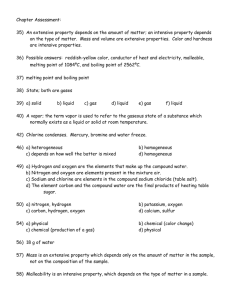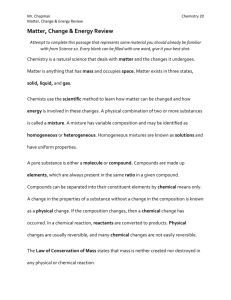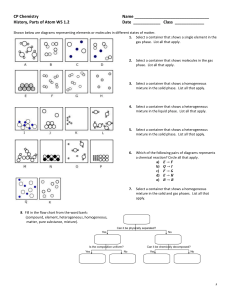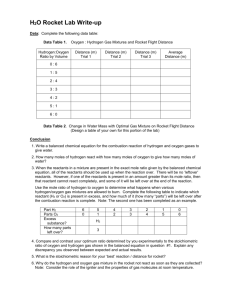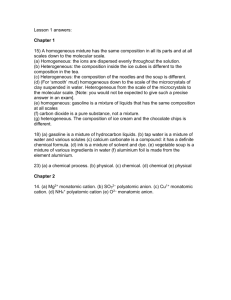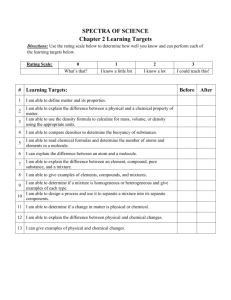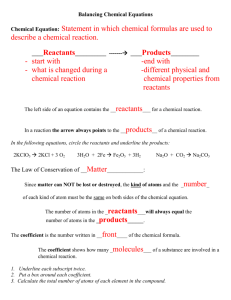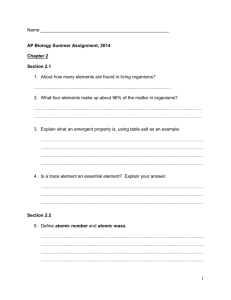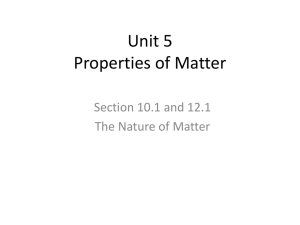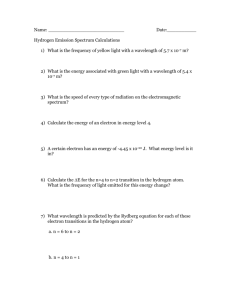Haber process the manufacture of ammonia from
advertisement
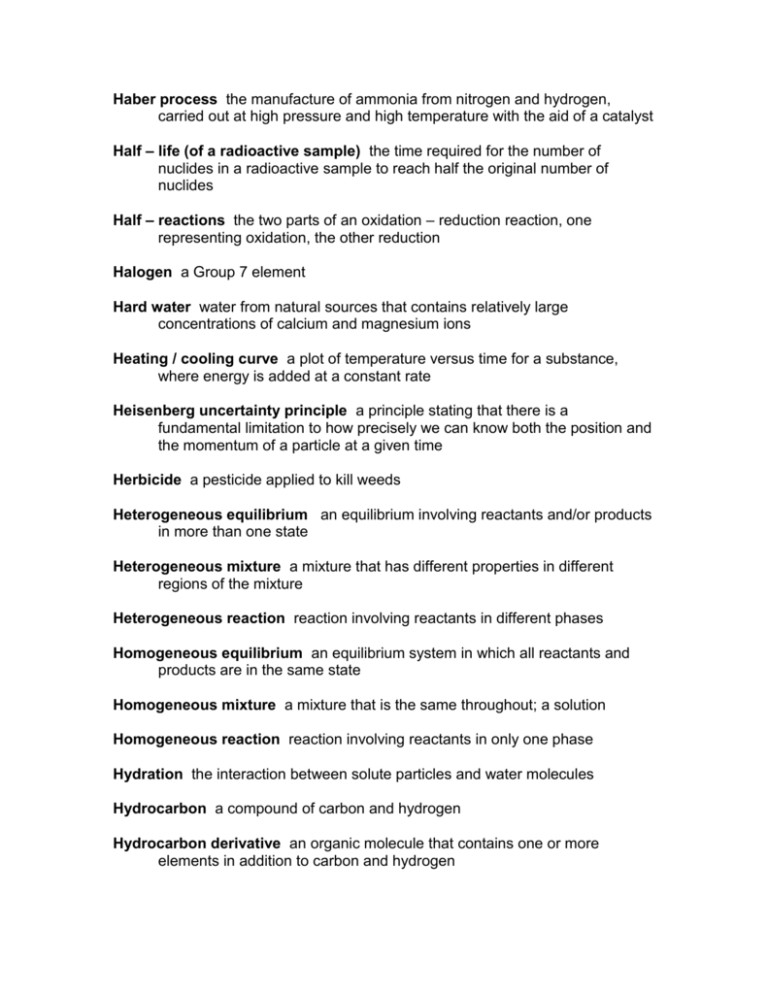
Haber process the manufacture of ammonia from nitrogen and hydrogen, carried out at high pressure and high temperature with the aid of a catalyst Half – life (of a radioactive sample) the time required for the number of nuclides in a radioactive sample to reach half the original number of nuclides Half – reactions the two parts of an oxidation – reduction reaction, one representing oxidation, the other reduction Halogen a Group 7 element Hard water water from natural sources that contains relatively large concentrations of calcium and magnesium ions Heating / cooling curve a plot of temperature versus time for a substance, where energy is added at a constant rate Heisenberg uncertainty principle a principle stating that there is a fundamental limitation to how precisely we can know both the position and the momentum of a particle at a given time Herbicide a pesticide applied to kill weeds Heterogeneous equilibrium an equilibrium involving reactants and/or products in more than one state Heterogeneous mixture a mixture that has different properties in different regions of the mixture Heterogeneous reaction reaction involving reactants in different phases Homogeneous equilibrium an equilibrium system in which all reactants and products are in the same state Homogeneous mixture a mixture that is the same throughout; a solution Homogeneous reaction reaction involving reactants in only one phase Hydration the interaction between solute particles and water molecules Hydrocarbon a compound of carbon and hydrogen Hydrocarbon derivative an organic molecule that contains one or more elements in addition to carbon and hydrogen Hydrogen bonding unusually strong dipole – dipole attractions that occur among molecules in which hydrogen is bonded to a highly electronegative atom Hydronium ion the H3O+ ion; a hydrated proton Hypothesis one or more assumptions put forth to explained observed phenomena


